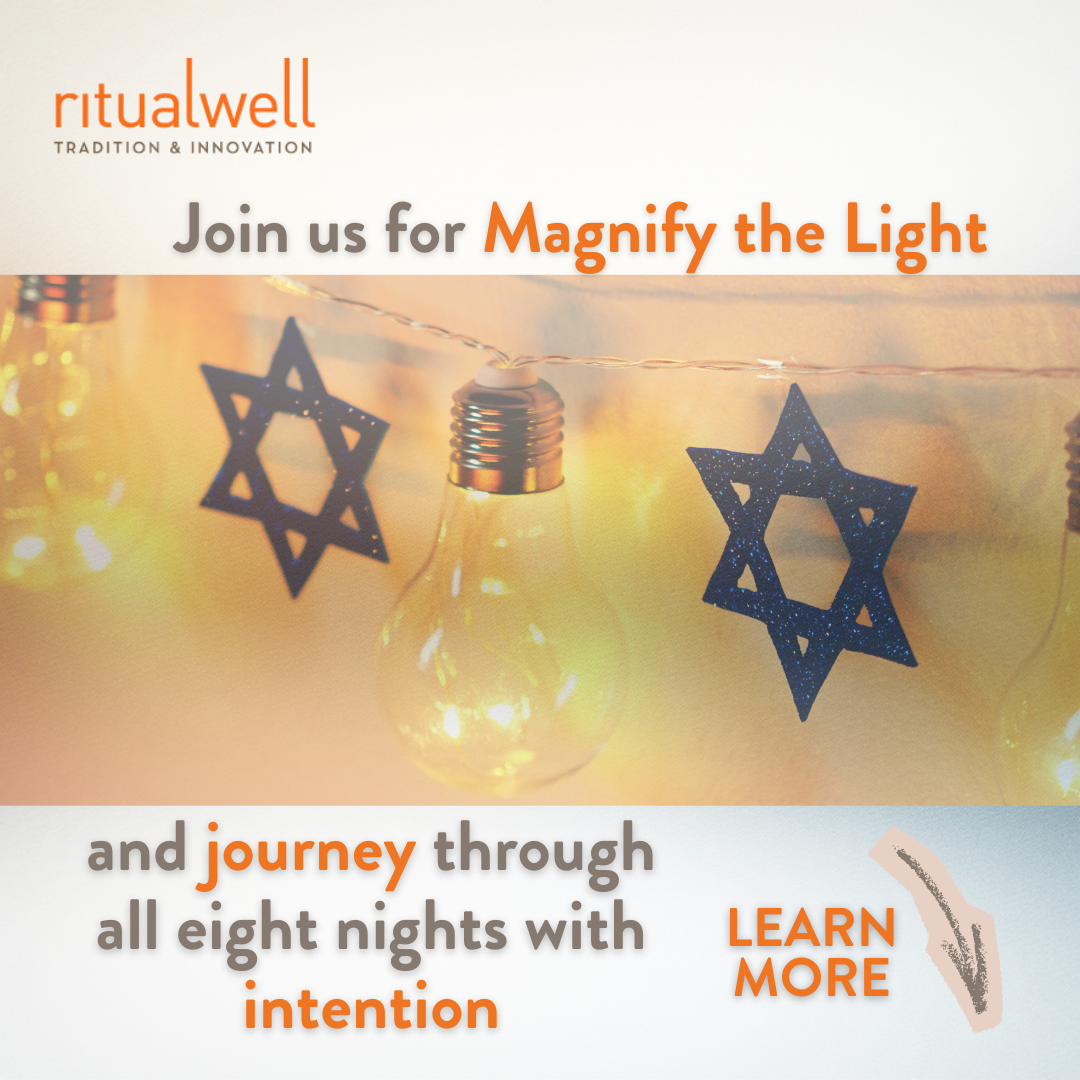It took the recitation of Yizkor on Memorial Day to remind me of this important fact: it is incumbent on me as a citizen to take time to reflect and remember.
I tend to be rather traditional in my ritual practice so, for me, the recent long weekend included Shabbat and two days of Shavuot. In communities that observe two days of this holiday, Yizkor (memorial prayer service) is recited on the second day. This means that this year Yizkor was said on Memorial Day. For me, this was a jarring and evocative confluence that added texture to my Shavuot experience.
Before I sat down to Monday’s services, I had mostly been irritated by this overlap of the American and Jewish holidays. I wanted to participate fully in the rites of the first weekend of summer. I wanted a trip to the beach or a big backyard barbeque. Praying and eating blintzes were not so alluring. But as I sat with my congregation I was reminded that Memorial Day is just that—a day to memorialize and to remember.
As Jews, we are quite good at this practice. We have tried and true rituals that help us memorialize throughout the year and over the course of our lives. As Americans, we are a little challenged in this regard. We have not found a way to structure observance that works for our vast and complicated culture. So, many of us—myself included—just opt out. Or dip into communal culture by going shopping. Or maybe by attending a parade.
No one in my family serves in the military. No one died defending our country. I don’t live in a military town. So I am not touched by the kinds of loss Memorial Day brings into focus. I would like to think that I am regularly capable of the empathy required to take Memorial Day seriously. But it seems to have taken saying Yizkor on Memorial Day to remind me of this important fact: it is incumbent on me as a citizen to take time to reflect and remember.






